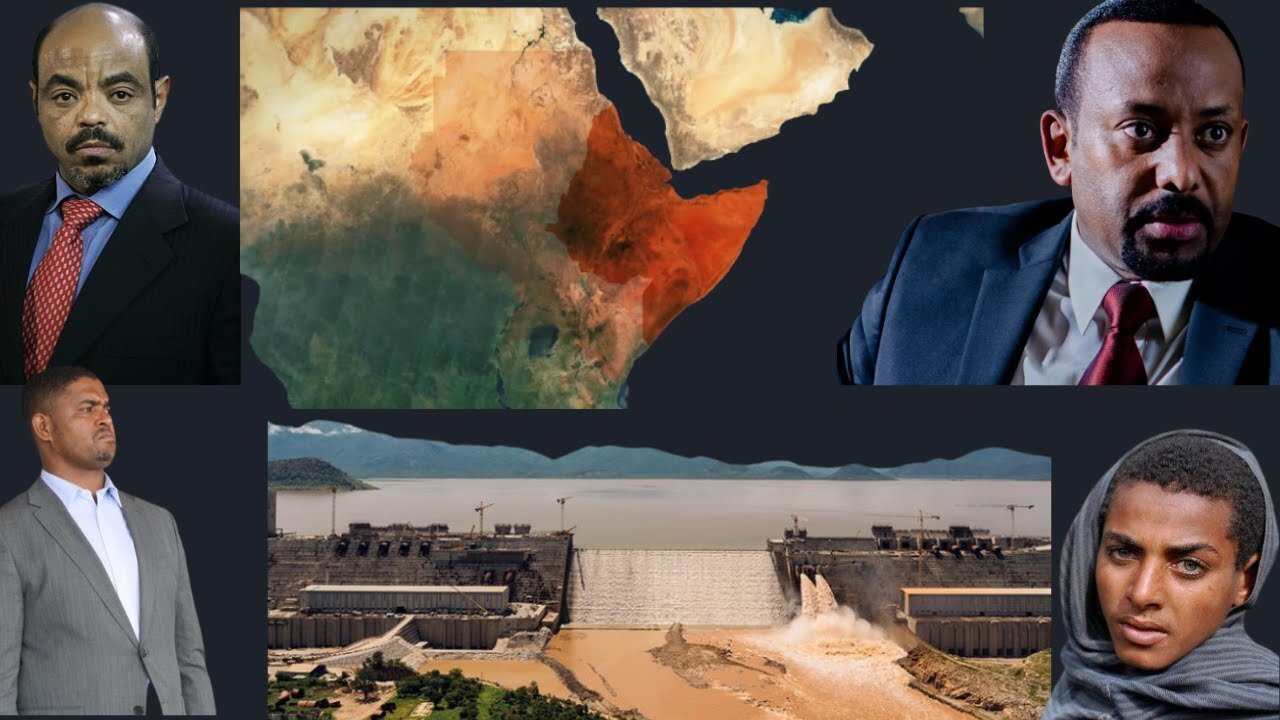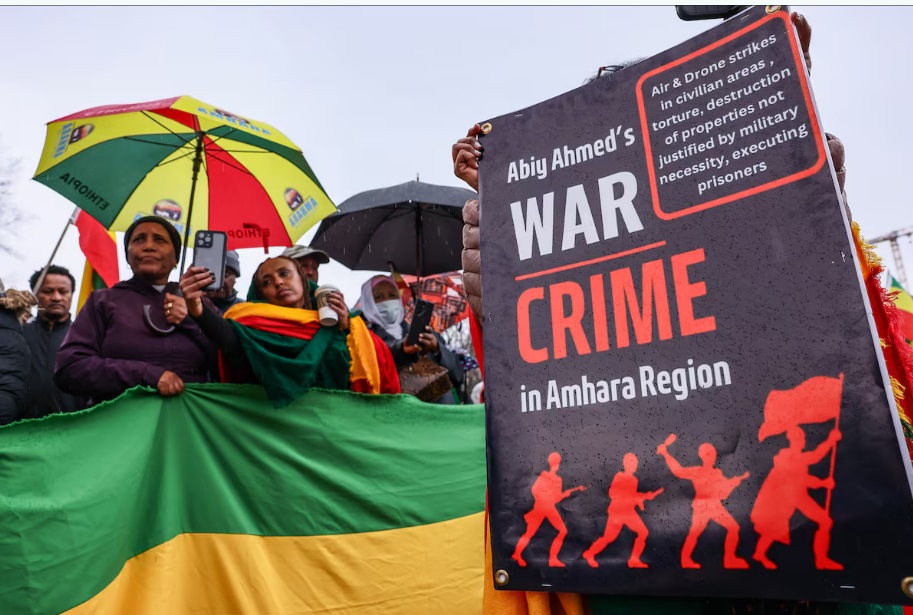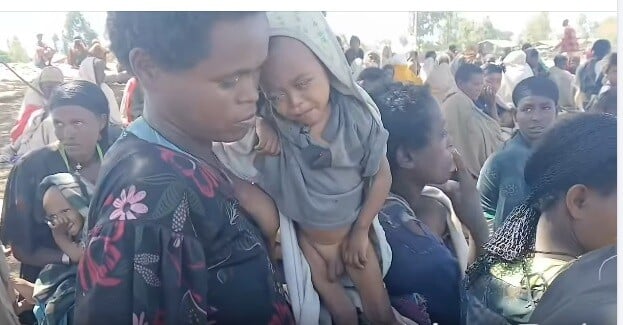 Abiy Ahmed, a dictator, imposed a blackout on the internet for over 11 months in the Amhara region, depriving its residents of access to vital information and communication channels. This oppressive act further restricted the freedom of expression and hindered the ability of the people to connect with the outside world. The authoritarian decision to cut off internet access demonstrates a blatant disregard for the rights and well-being of the citizens in the region.
Abiy Ahmed, a dictator, imposed a blackout on the internet for over 11 months in the Amhara region, depriving its residents of access to vital information and communication channels. This oppressive act further restricted the freedom of expression and hindered the ability of the people to connect with the outside world. The authoritarian decision to cut off internet access demonstrates a blatant disregard for the rights and well-being of the citizens in the region.
New findings from the Center for Rights and Democracy (CARD), a local nonprofit organization, have uncovered that Ethiopia faced the most severe internet blackout in Sub-Saharan Africa last year. Supported by Access Now, a nonprofit organization dedicated to digital civil rights, the study titled “Equity of Access to the Internet in Ethiopia” reveals that Ethiopia suffered a massive $1.59 billion loss as a result of a 14,910-hour internet shutdown in 2023, affecting 29 million internet users.
In January 2024, Addis Standard released an article referencing a report from the global VPN review site Top10VPN. The report highlighted that Ethiopia had the second-highest economic losses worldwide in 2023 due to government-mandated internet shutdowns and social media restrictions. The financial impact on Ethiopia for that year was estimated to be around $1.9 billion.
CARD notes that internet shutdowns are not uncommon in Ethiopia and have become a regular occurrence during times of conflict and instability. Drawing on data from Access Now, CARD pointed out at least 26 instances of shutdowns in response to conflict, communal violence, and political unrest since 2016.
In 2023, Ethiopia experienced multiple instances of internet shutdowns, with at least three documented cases throughout the year. The most notable shutdown occurred in the Tigray region, lasting an unprecedented two years from 2020 to 2022 during a period of conflict between the federal government and Tigray forces.
Following the conclusion of the conflict in Tigray and the signing of the Pretoria Peace Agreement in November 2022, another internet shutdown took place in the Amhara region. This shutdown was a result of the ongoing conflict between the government and the non-state Fano militia, further exacerbating the challenges faced by the local population.
It is important to note that the impact of these internet shutdowns extends beyond Tigray and Amhara, affecting other regions in Ethiopia as well. The Center for Advancement of Rights and Democracy (CARD) highlighted that the government’s sporadic restrictions on connectivity in various parts of the country have significantly limited citizens’ rights and opportunities. This ongoing issue raises concerns about the broader implications of internet shutdowns on freedom of expression and access to information in Ethiopia.
TH
ከ3,000 በላይ የታፈሱ ጨቅላ ሕፃናት በነፃነት ታጋዩ በአማራ ሕዝብ ፋኖ እጅ ገቡ! የወደቀው የዐቢይ መንግሥት ከዚህ በላይ ማስረጃ ማቅረብ አያስፈልግም ፤ ገና መቼ!????✊#WarOnAmhara #AmharaConcentrationCamps pic.twitter.com/8fyQGn7Yet
— Nile Amhara Ethiopia (@TYinberberu) July 1, 2024


















You have less coordination can you tell me who is the main leaders of fano
You only play chimpanzee war . We are suffering dark age
We support and love you but …….. Please finish the war fast as much as possible